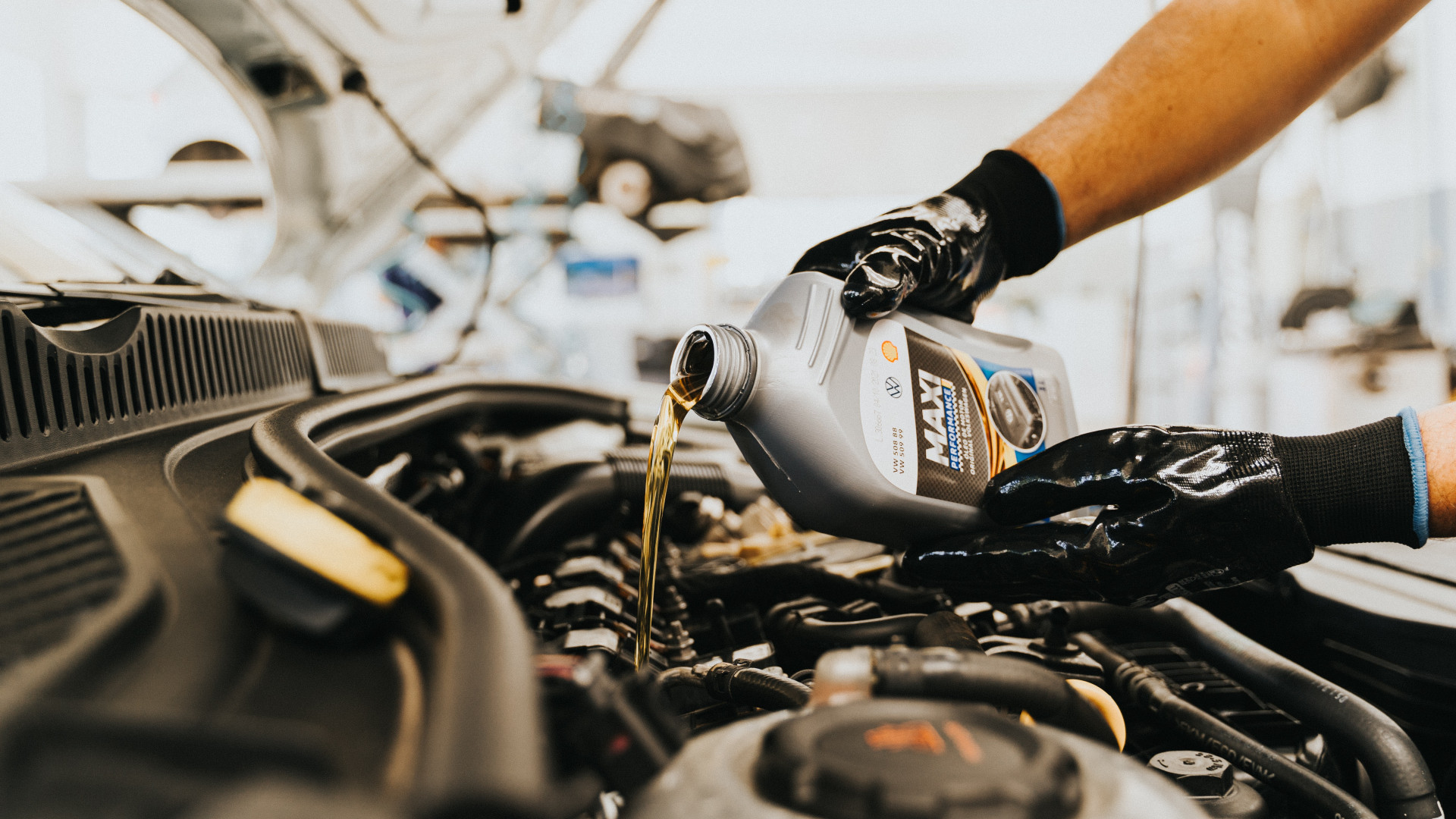Changing your car's oil is a maintenance task that can be done by a professional mechanic or you can decide to take it into your own hands. However, like any DIY task, it comes with its unique set of benefits and drawbacks. Here are some key points to consider when deliberating this choice.
Cost Savings
One of the biggest advantages of performing your own oil change is the potential for cost savings. Auto service shops charge for both the parts (the oil and filter) and the labour involved in the change. By doing it yourself, you only pay for the materials. This can translate into substantial savings over time, especially for those who drive frequently and require oil changes more regularly.
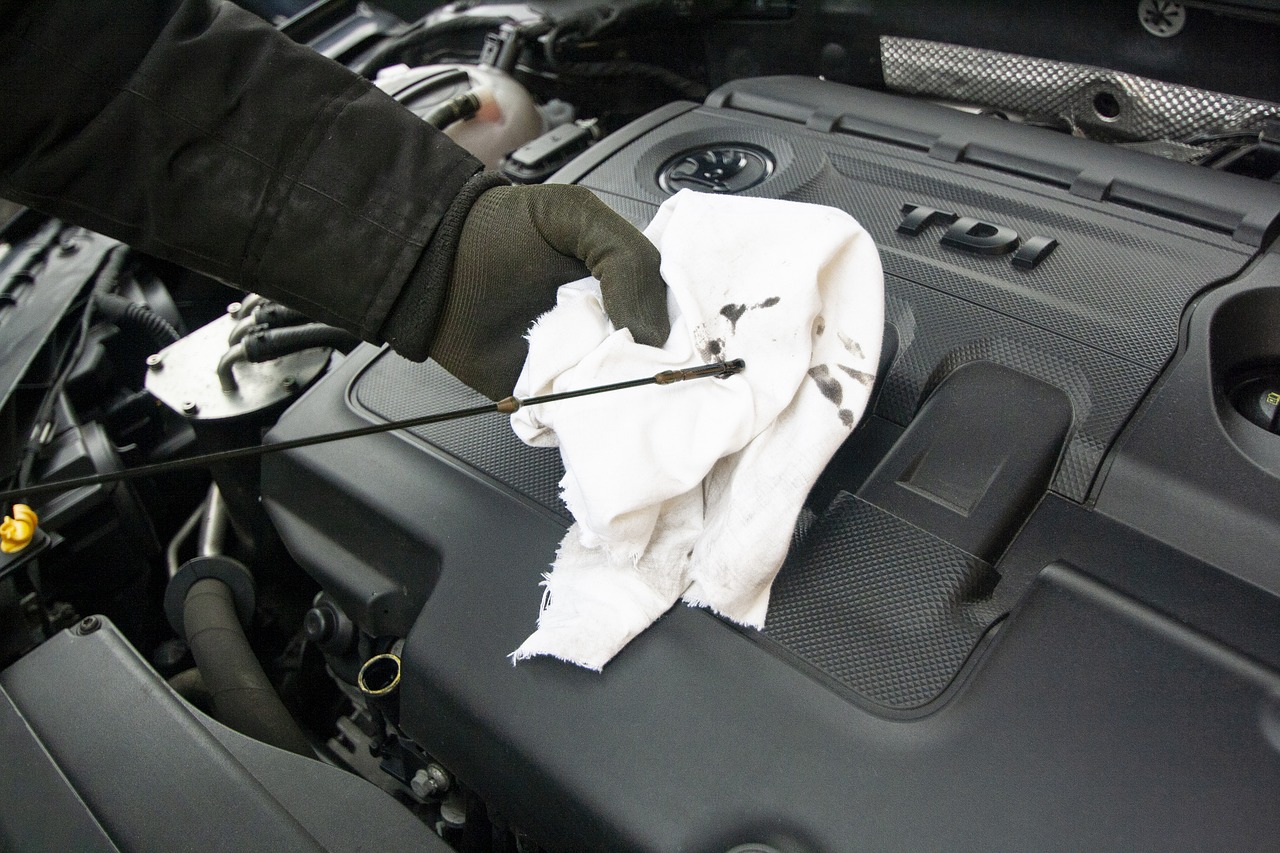 Image by Skica911 from Pixabay
Image by Skica911 from Pixabay
Skill and Knowledge Acquisition
Performing your own oil change also provides an opportunity for skill and knowledge acquisition. Understanding the workings of your vehicle can be beneficial in various ways. It can empower you to carry out more of your own vehicle maintenance and repairs, saving you money and potentially extending the life of your vehicle. Furthermore, it can help you to make more informed decisions when dealing with mechanics or when purchasing a new vehicle.
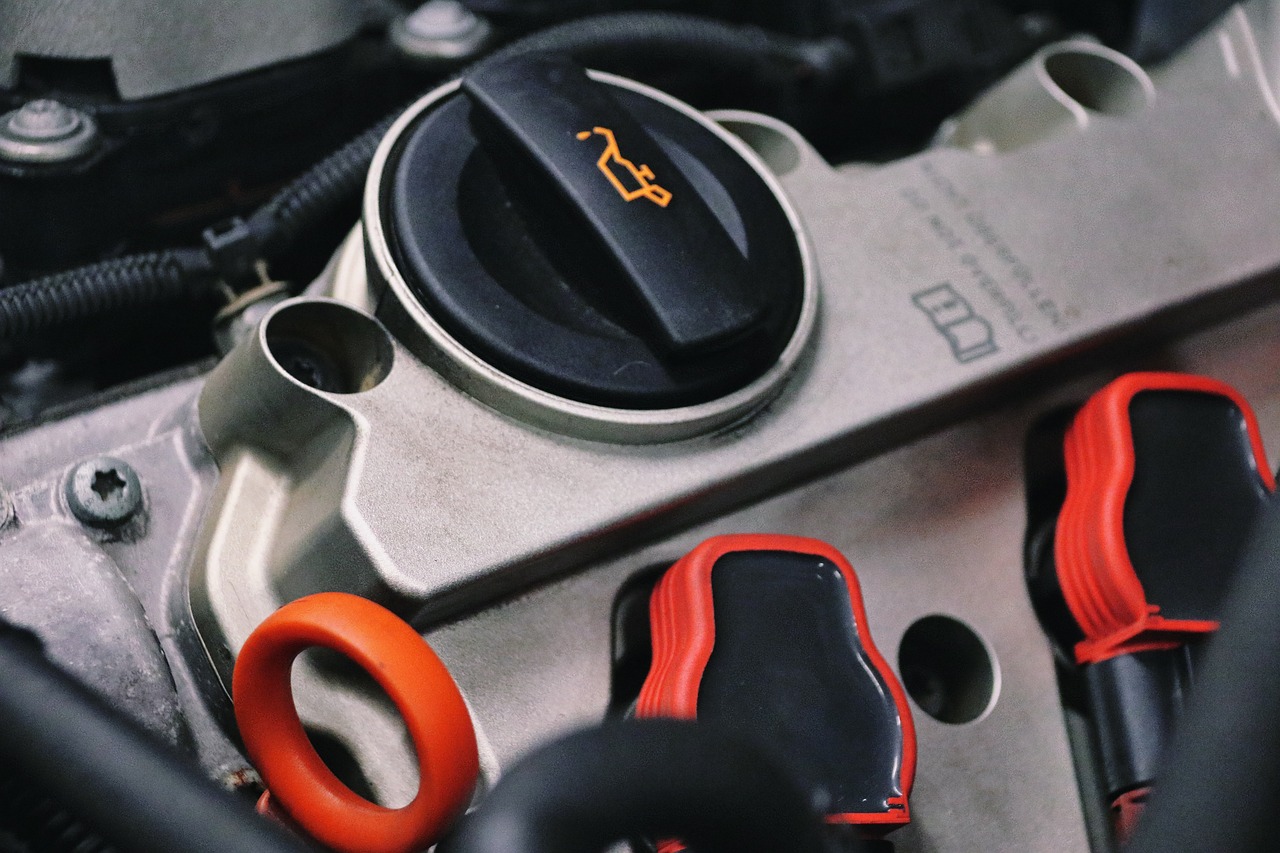 Image by Alexander Fox | PlaNet Fox from Pixabay
Image by Alexander Fox | PlaNet Fox from Pixabay
Convenience and Control
Doing your own oil change provides a level of convenience and control that you may not have if you’re entrusting your car to someone else’s discretion. You can choose the specific oil and filter you prefer and perform the change at a time that suits you. This can also give you peace of mind, knowing exactly what products are being used and the care taken during the process.
Environmental Concerns
However, one con to changing your car's oil can have environmental implications if not done correctly. Used motor oil is a major pollutant, and improper disposal can lead to contamination of water sources. Therefore, it is important to know and follow local regulations for disposal of used oil and filters. Many localities have recycling programs in place to handle these items.
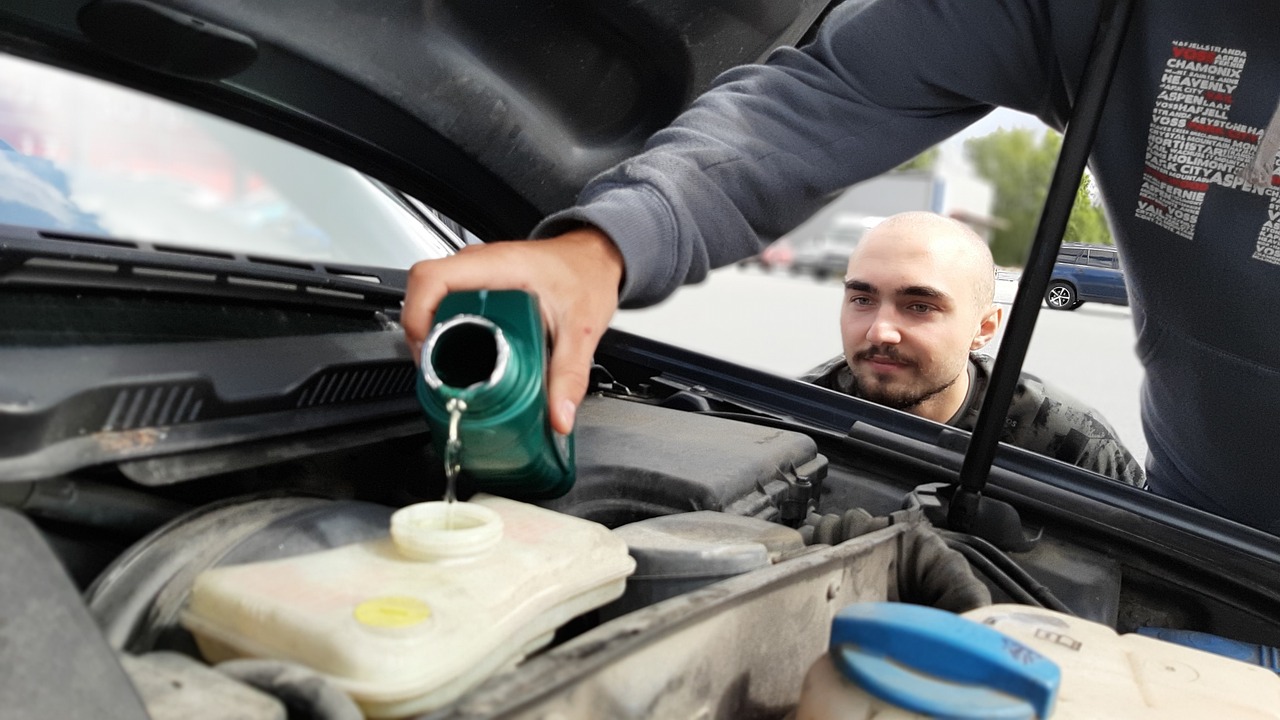 Image by IamTimEre from Pixabay
Image by IamTimEre from Pixabay
Potential for Error and Damage
A significant downside to changing your own oil is the potential for error and by extension, damage to your vehicle. This task requires technical know-how, the right tools, and attention to detail. If you fail to drain the old oil fully, overfill, or incorrectly install the filter, you risk causing serious damage to your engine.
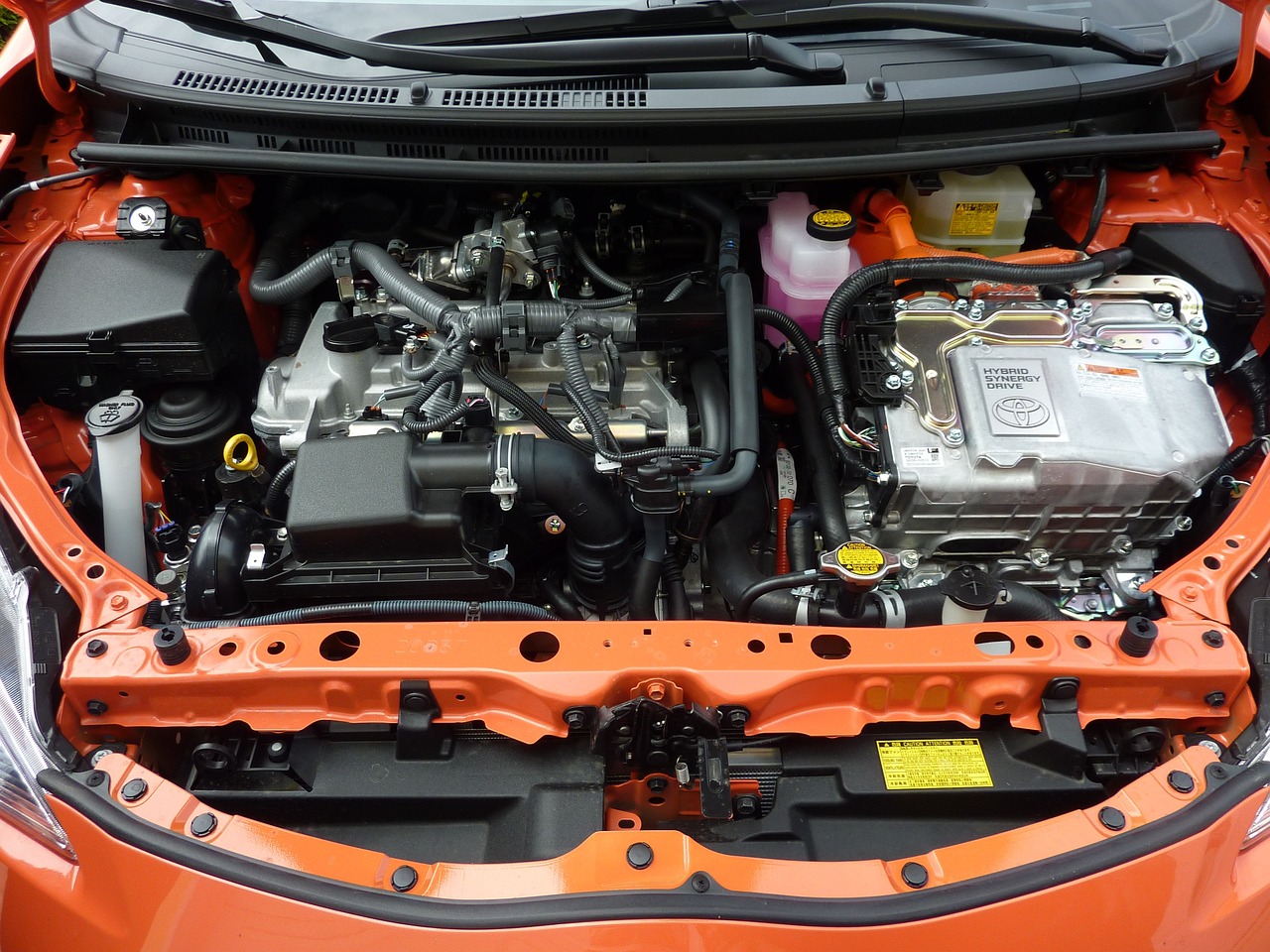 Image by Davgood Kirshot from Pixabay
Image by Davgood Kirshot from Pixabay
Time Commitment
Lastly, changing your car's oil is time-consuming. For a novice, the process could take up to two hours, including preparation and cleanup time. Even for those familiar with the process, it is still a considerable time commitment that may outweigh the monetary savings.
In conclusion, changing your own oil can be a rewarding task that provides cost savings, increased automotive knowledge, and greater control. However, it is important to understand the potential for environmental harm, vehicle damage, and the time required. Weighing these factors against your personal circumstances will help determine if a DIY oil change is right for you.



